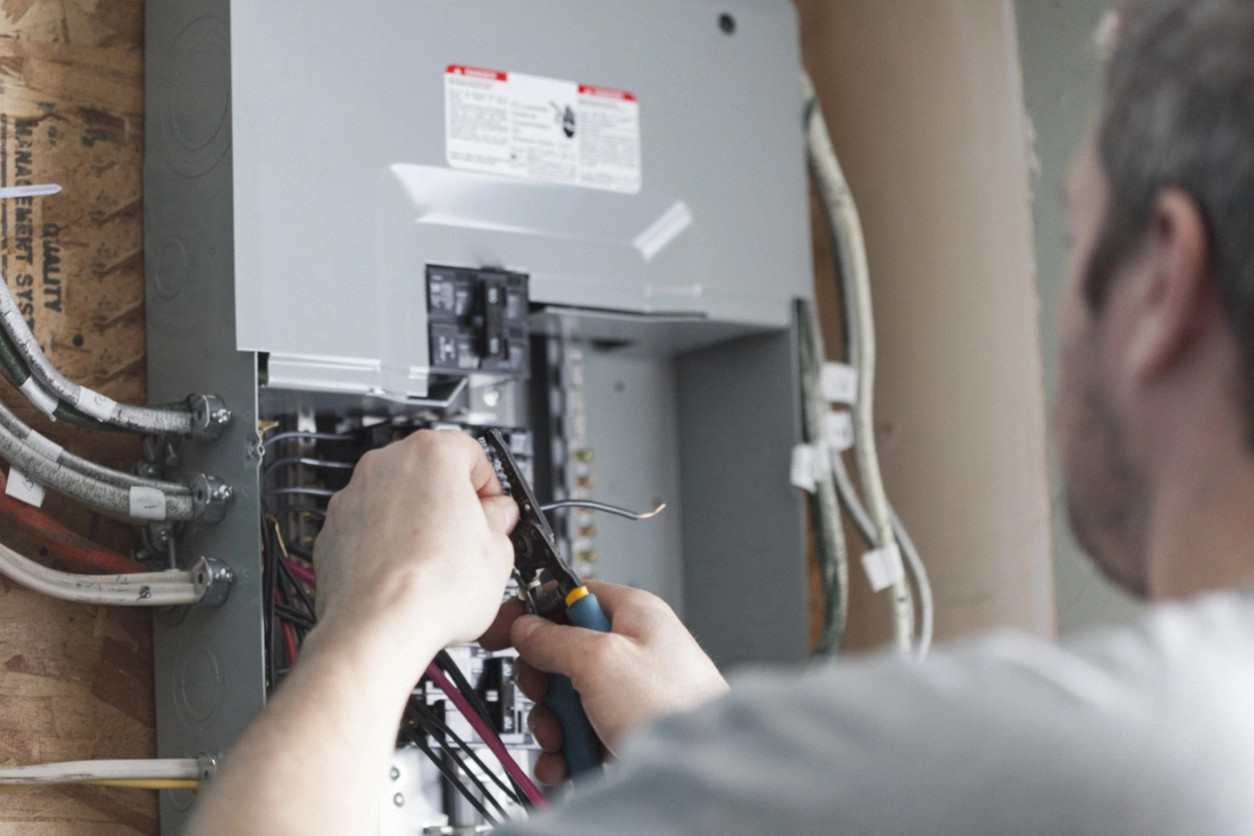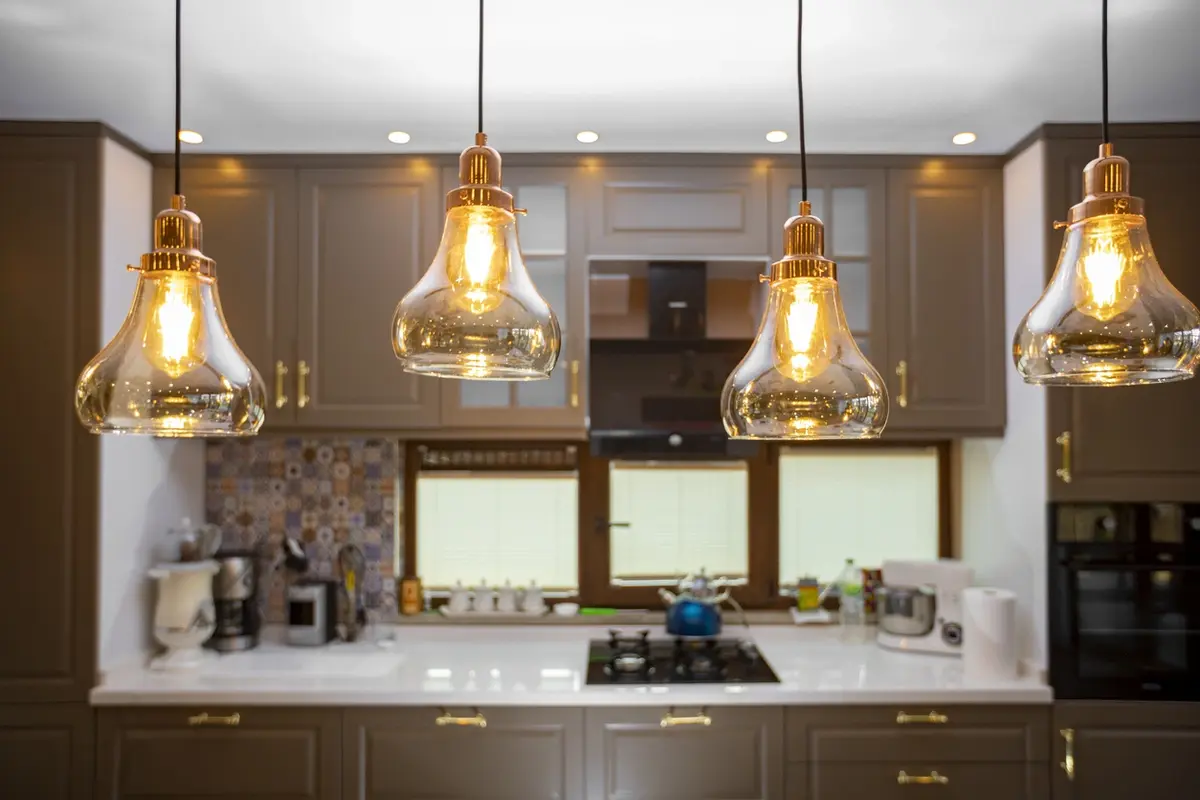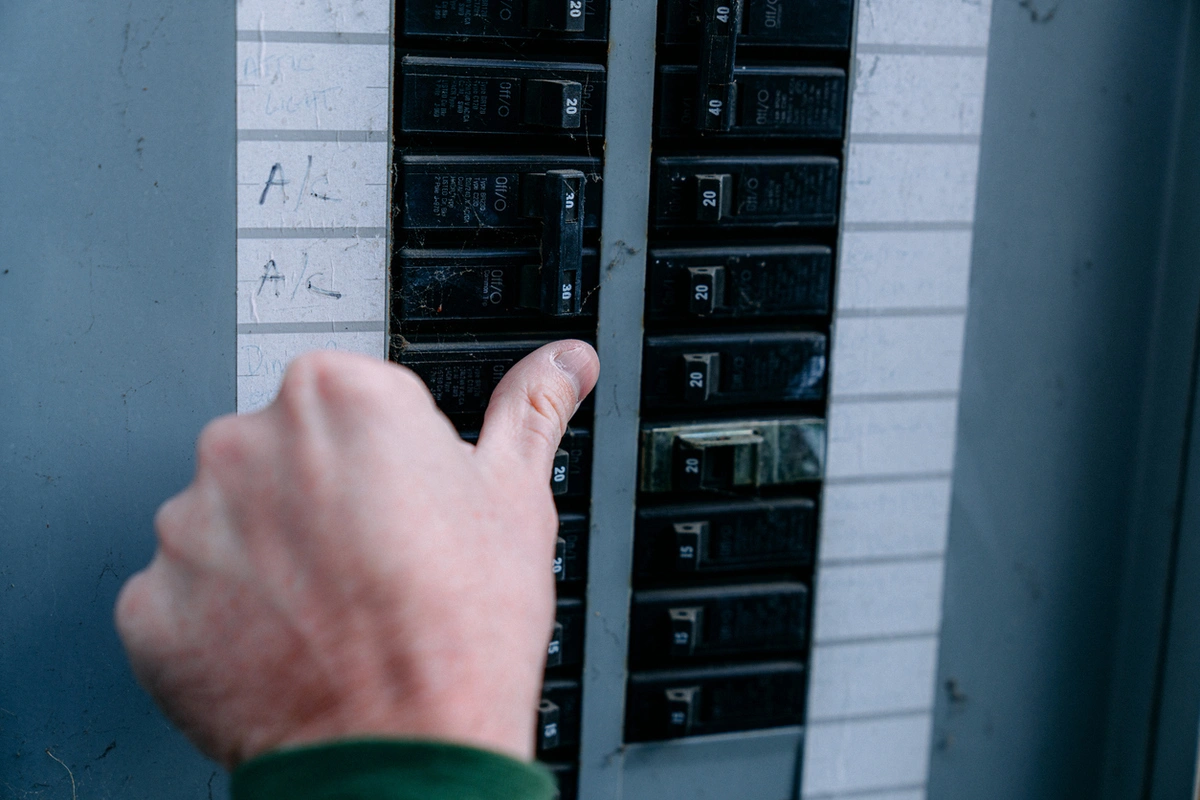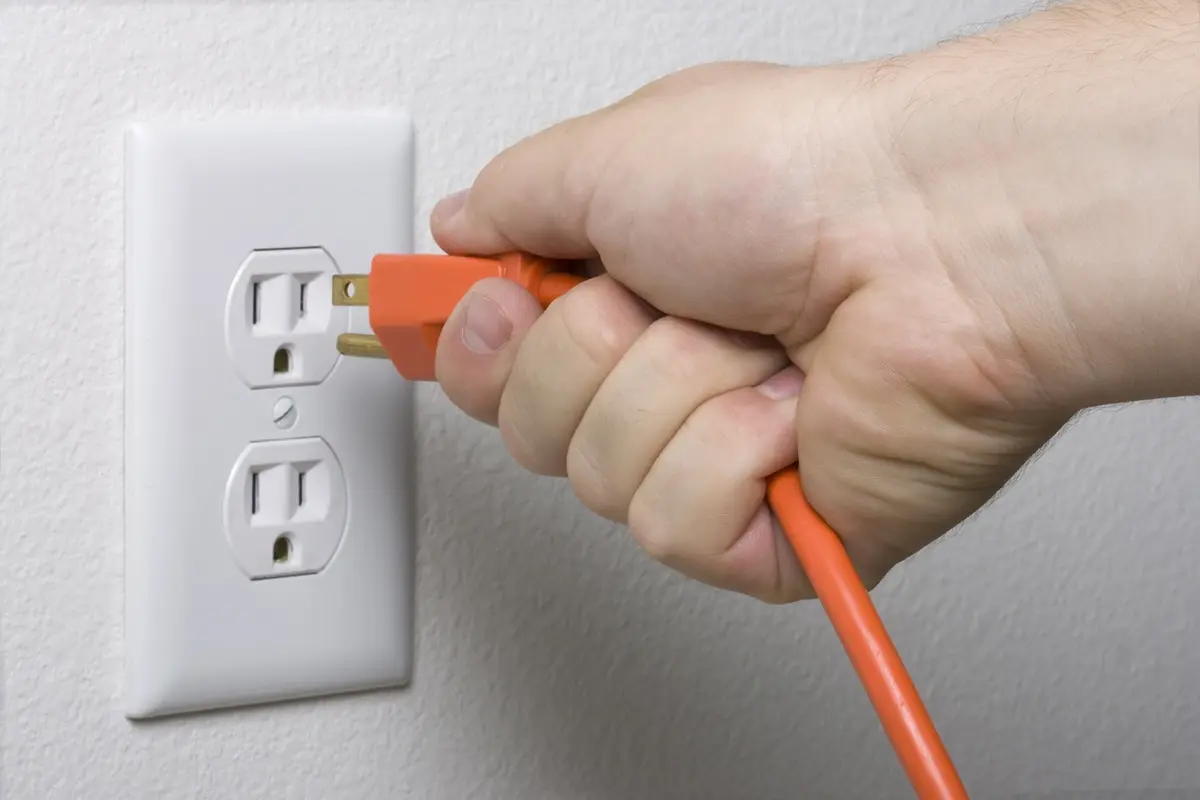Electrical Panel Installation

If you’ve been living in your house for decades, it’s almost inevitable to find some things that eventually break.
Whether it’s furniture or a fading paint job, many homeowners trust their DIY skills to get things fixed.
However, when it comes to electrical issues, it’s best to leave the work to the professionals.
If you’ve been encountering issues with your electricity or appliances, your house is probably due for an electrical panel upgrade.
What Are Electrical Panels?
An electrical panel is the central point that connects to the wiring outside in order to power your home.
Also called the fuse box, main breaker panel, distribution panel, or a load center, the electrical panel is basically the gateway of electricity to your house.
When Should You Upgrade Your Home Electrical Panel?
It’s one of the least worries you have if you’ve just bought a new home.
However, if you’ve been living in the same house for more than 20 years, we highly recommend that you upgrade and replace your electrical panel wiring.
You may be unaware that circuit breakers only have a lifespan between 20 to 40 years.
That means if your home is more than 35 years old it is time for a service!
In addition, the old-fashion panels with fuses from the 1960s have a tendency to burn out.
This is why we strongly suggest you upgrade your old panel and have a circuit breaker box installed.
Taking a closer look at the state of your electrical panel is a good way to determine if you need to replace it. Here are some signs that it’s time for an upgrade:
- Overheated electrical service conductors
- Crackling sounds coming from your breaker box
- Rust or corrosion on or near the circuit breakers and panel
- Two-pronged (non-grounded) outlets in your house
[Related: Electrical Panel Sizes for Your Home]
In addition, here are some things you may need to consider:
- Does your old house still have panels that max out at 60 to 100 amps? With recent changes in technology, houses are now required to have at least 200-amp panels.
- Does your electric panel smell or feel warm to touch? This is one of the tell-tale signs that your panel has been improperly installed. It might be that the wires aren’t connected well or your panel is overloading.
- Do your appliances run at less than full power? If your appliances aren’t powered to their fullest capacity, your electrical panel might be too old or the circuit breaker wiring might have been overloaded.
- Does your house have flickering lights? If your lights dim or flicker while other appliances are running, you might have faulty connections in your panel.
- Are you using a lot of extension cords because you lack power outlets? If you need more outlets to run your appliances at home, we recommend installing a new electrical panel.
- Are you renovating or adding new smart appliances to your house? Times have changed, and your circuit panels also need to keep up with technology. If you’ve decided to do renovations and upgrades in your house, it’s best to check if you need a new electrical panel before scheduling the appliance installation.
Assurance Electrical Services Can Do Electrical Panel Installation and Upgrades
Don’t let an outdated or deteriorating panel pose a threat to the safety of your home and your family.
To ensure the efficiency and safety of your house, have your home electrical work performed by a professional.
Here at Assurance Electrical Services, we value quality, safety, and efficiency when it comes to your electrical needs. We can inspect your electrical panel for free!
Once we find out if your electrical panel needs to be replaced, we can perform whatever service is necessary or upgrade the panel.
Share this article
Follow us
A quick overview of the topics covered in this article.
Latest articles
July 1, 2025
July 1, 2025
July 1, 2025



